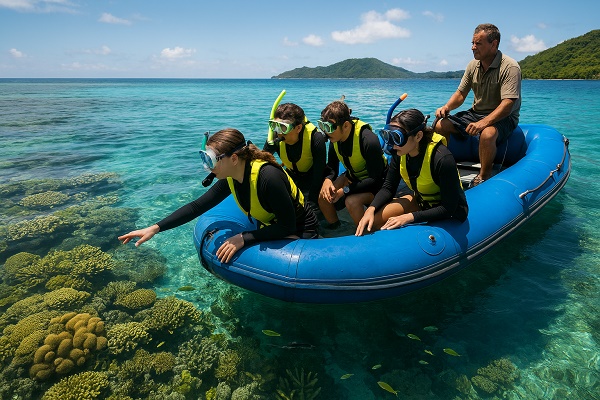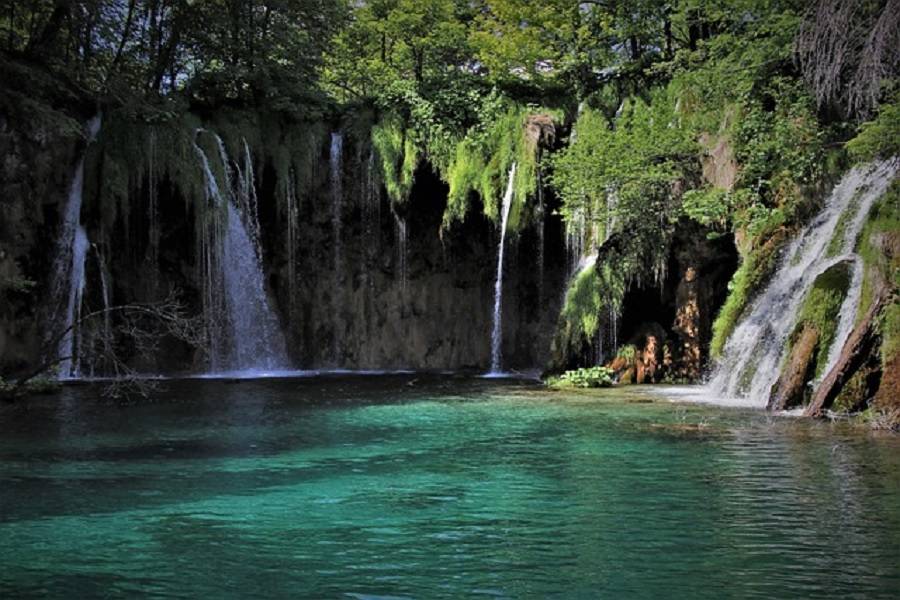Ecotourism: A Path to Environmental Protection and Sustainable Travel

In today’s world, where climate change and environmental degradation are pressing concerns, ecotourism has emerged as a vital way to promote environmental protection and responsible travel. Ecotourism allows travelers to explore nature’s beauty while ensuring minimal impact on ecosystems. By fostering sustainable practices and protecting biodiversity, it creates an opportunity for travelers to make a positive contribution to conservation efforts.
What is Ecotourism?
Ecotourism is a form of responsible travel that focuses on the conservation of nature, supports local communities, and promotes environmental education. Unlike traditional tourism, which can contribute to overdevelopment and pollution, ecotourism seeks to preserve the natural environment while enabling travelers to experience and enjoy it.
Benefits of Ecotourism for Environmental Protection
Conservation of Biodiversity: Ecotourism destinations often include national parks, wildlife sanctuaries, and protected areas. The revenue generated from ecotourism helps fund conservation projects and wildlife protection programs, ensuring the survival of endangered species and habitats.
Sustainable Development: By supporting local economies and providing livelihoods to communities, ecotourism encourages the development of sustainable infrastructure. Local businesses, such as eco-lodges, guide services, and artisans, benefit from the economic activity generated by responsible travelers.
Environmental Education: Ecotourism encourages awareness about the importance of protecting natural resources. Travelers learn about ecosystems, conservation challenges, and how to minimize their environmental footprint, making them more conscious consumers.
Reduction of Carbon Footprint: Many ecotourism operations prioritize sustainability by minimizing energy use, recycling, and opting for green technologies. Activities such as trekking, kayaking, and birdwatching are low-carbon alternatives to high-impact tourism activities like mass tourism.
Top Ecotourism Destinations in the World
Costa Rica – Renowned for its lush rainforests, diverse wildlife, and commitment to sustainability, Costa Rica is a leader in ecotourism, with national parks and eco-lodges scattered across the country.
New Zealand – From its pristine beaches to its snow-capped mountains, New Zealand’s eco-friendly initiatives, including conservation programs and sustainable tourism practices, make it a prime destination for eco-conscious travelers.
Kenya – The Maasai Mara and other wildlife reserves offer an authentic ecotourism experience, where travelers can support conservation efforts while enjoying safaris and wildlife observation.
Bhutan – Known for its commitment to carbon neutrality, Bhutan promotes ecotourism as part of its “Gross National Happiness” policy, emphasizing sustainable travel and the preservation of its Himalayan environment.
Norway – With its fjords, glaciers, and commitment to environmental stewardship, Norway offers travelers a chance to experience nature while promoting sustainable tourism practices.
Tips for Responsible Ecotourism
Choose eco-friendly accommodations: Opt for hotels, lodges, or campsites that have sustainability certifications and use green practices.
Respect wildlife and local cultures: Avoid disturbing animals or their habitats, and engage respectfully with local communities.
Leave no trace: Follow the “leave no trace” principle by cleaning up after yourself and minimizing waste.
Support local conservation efforts: Contribute to local initiatives by donating or volunteering to help protect the environment.
Ecotourism is more than just a trend; it's a movement that empowers travelers to help protect the planet while enjoying its natural beauty.























